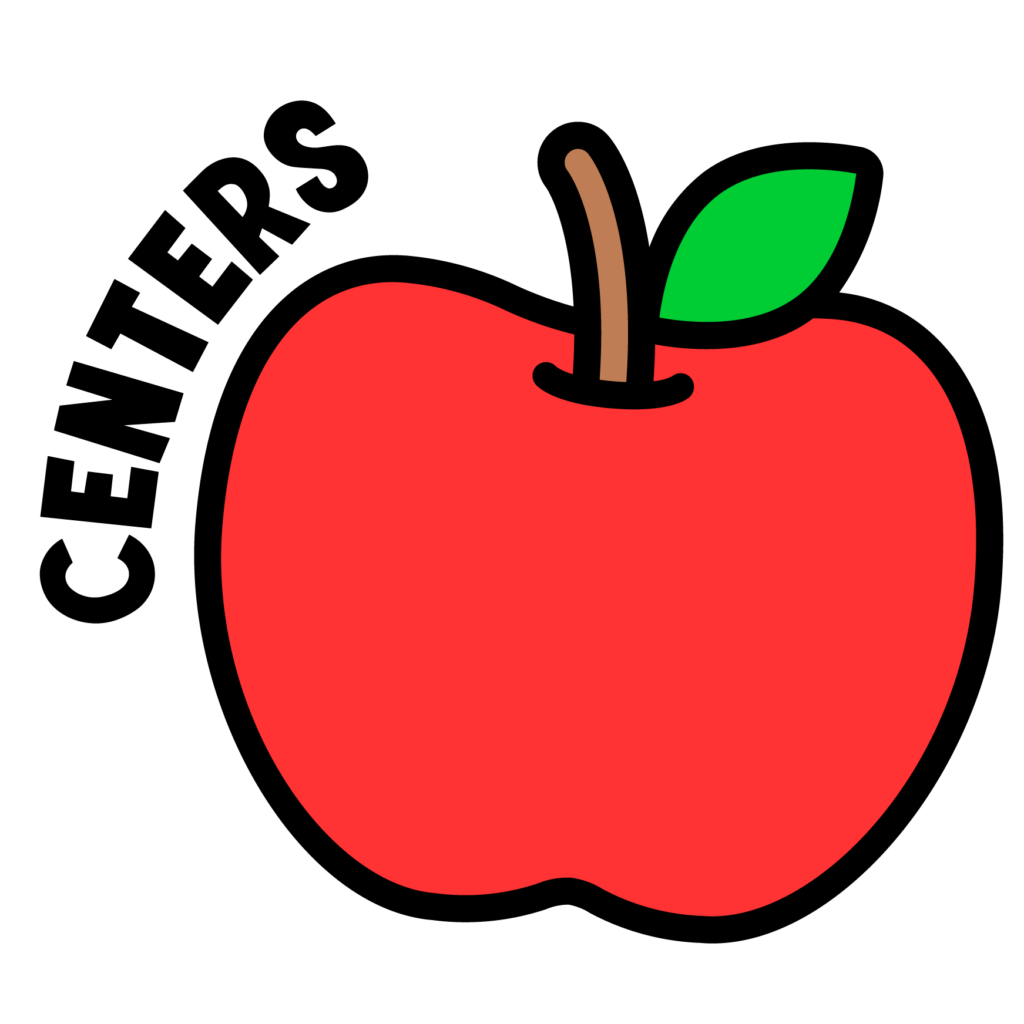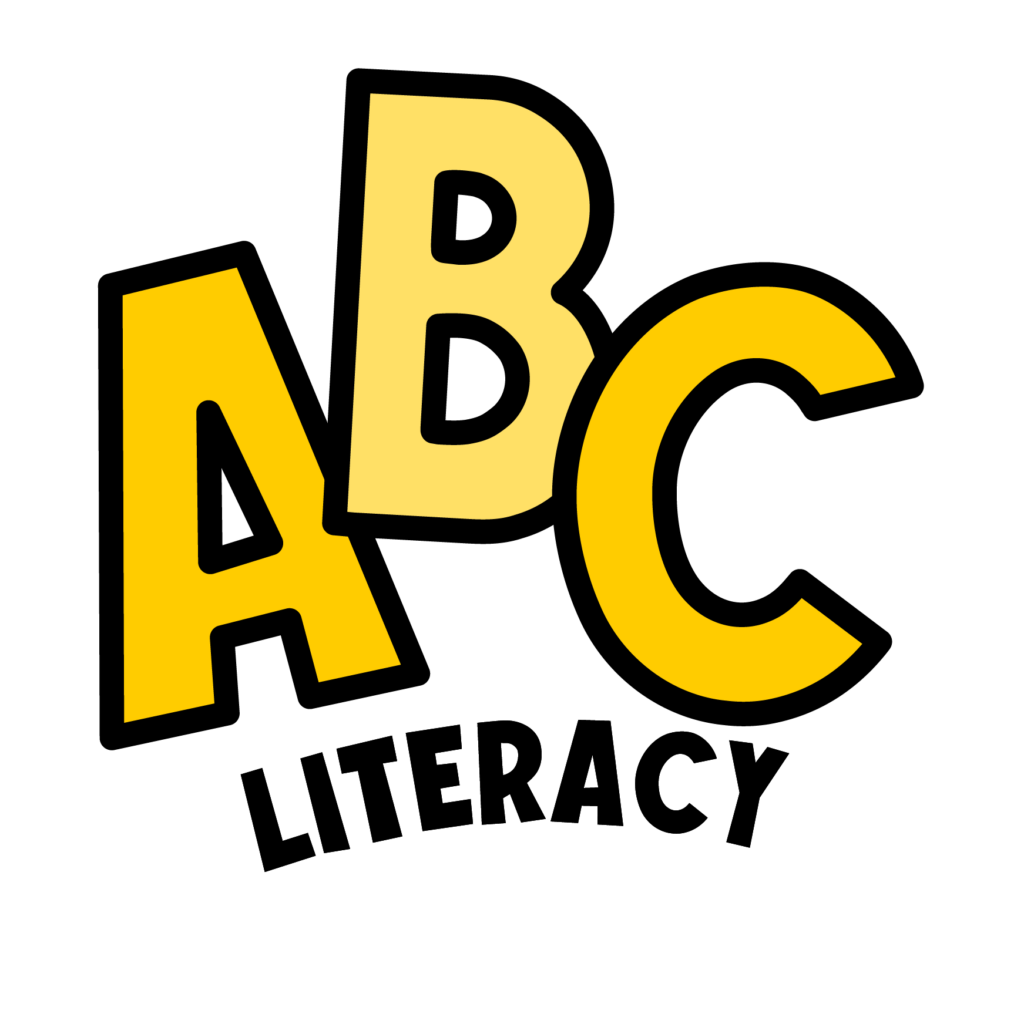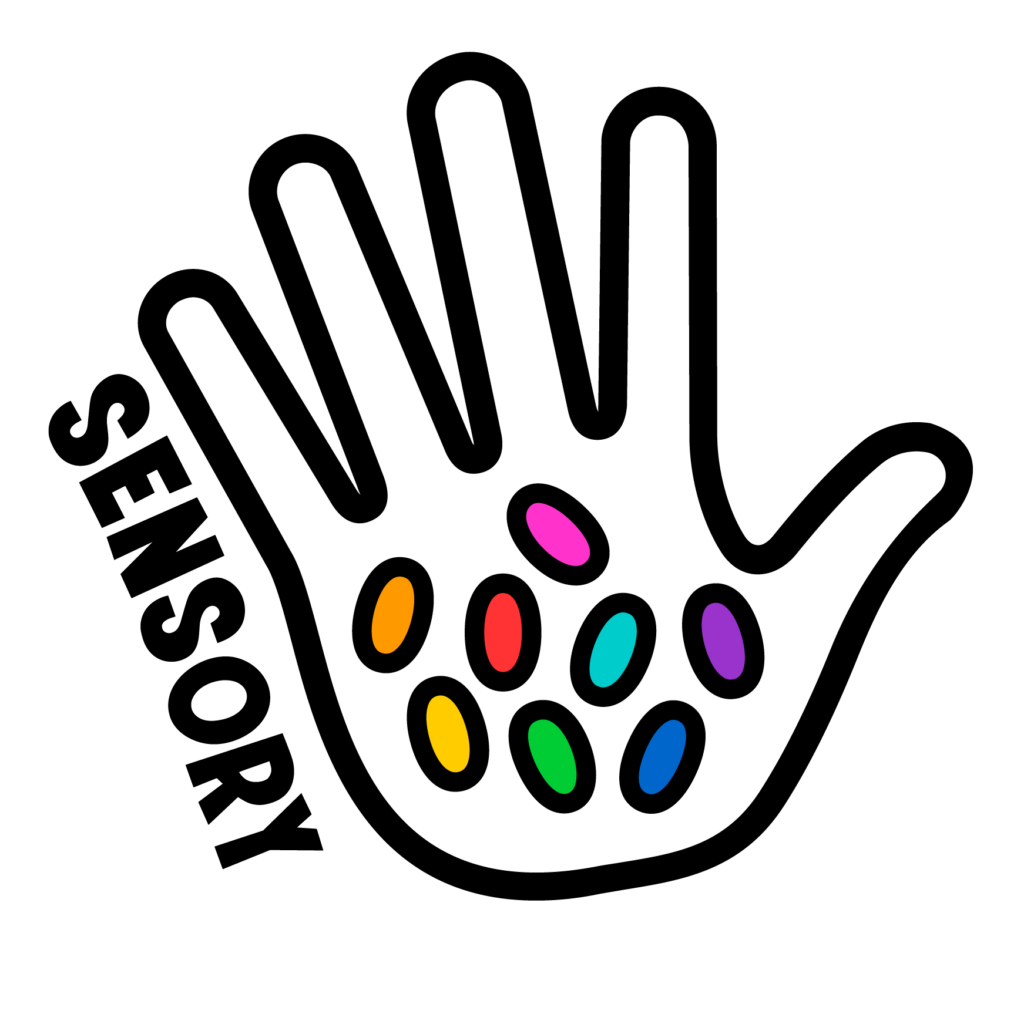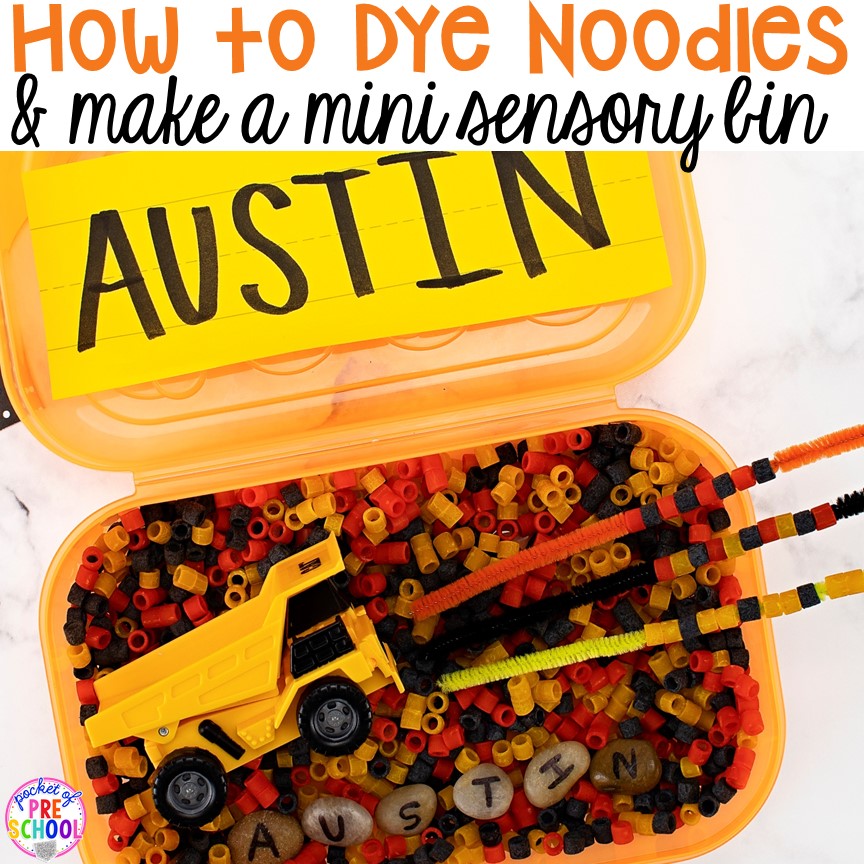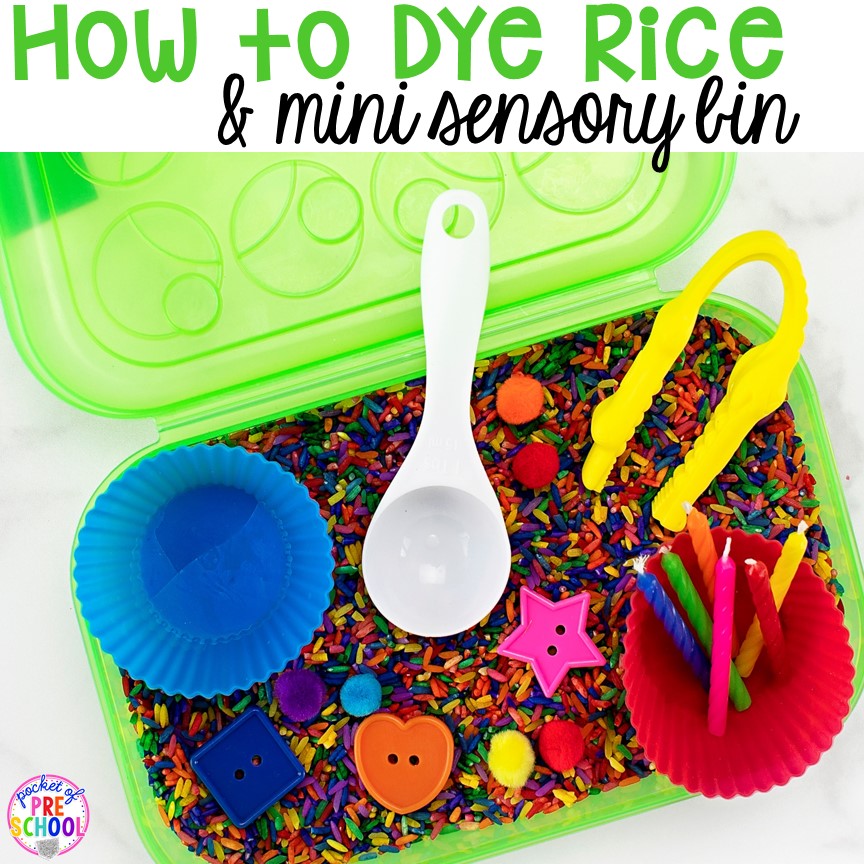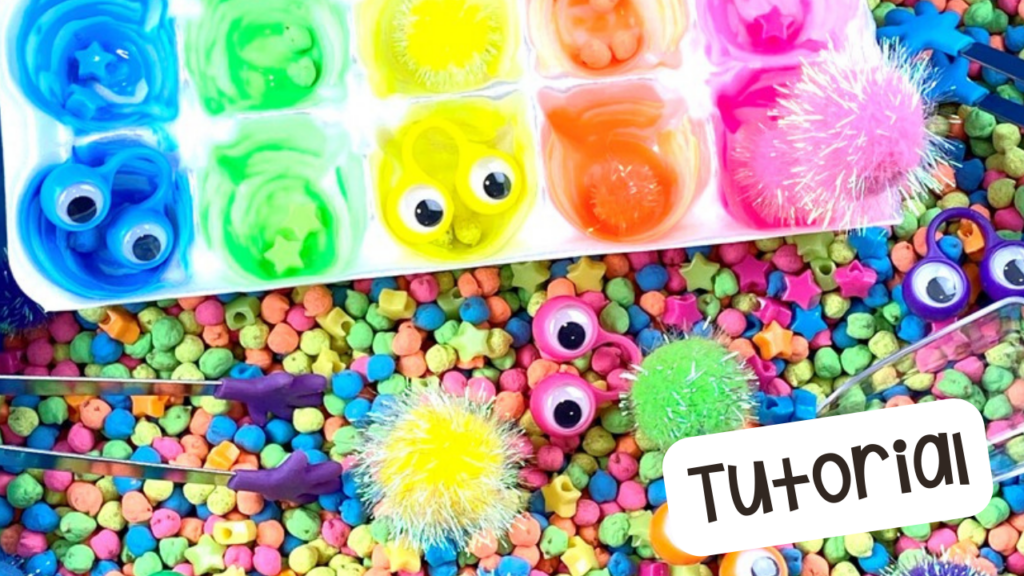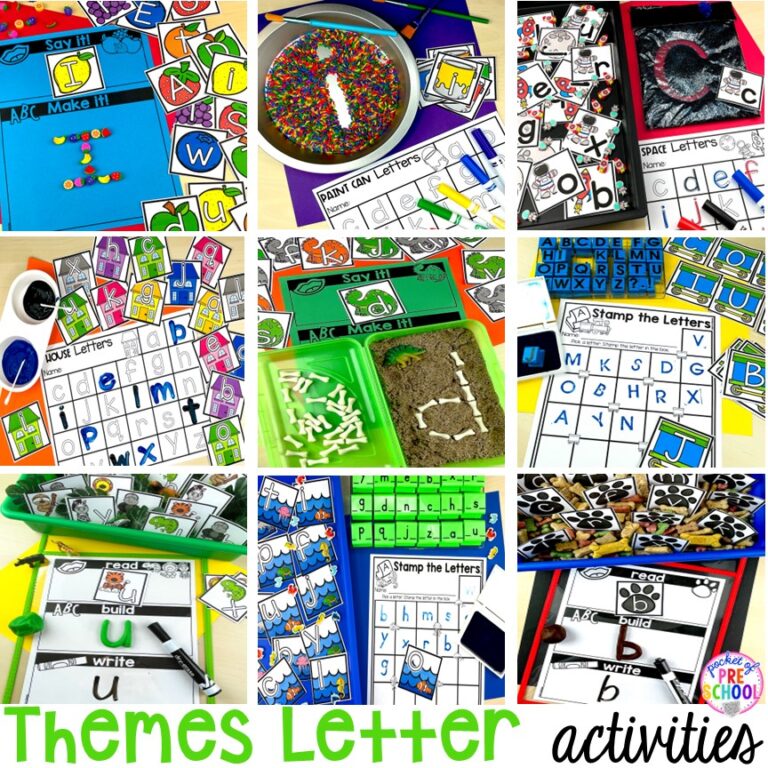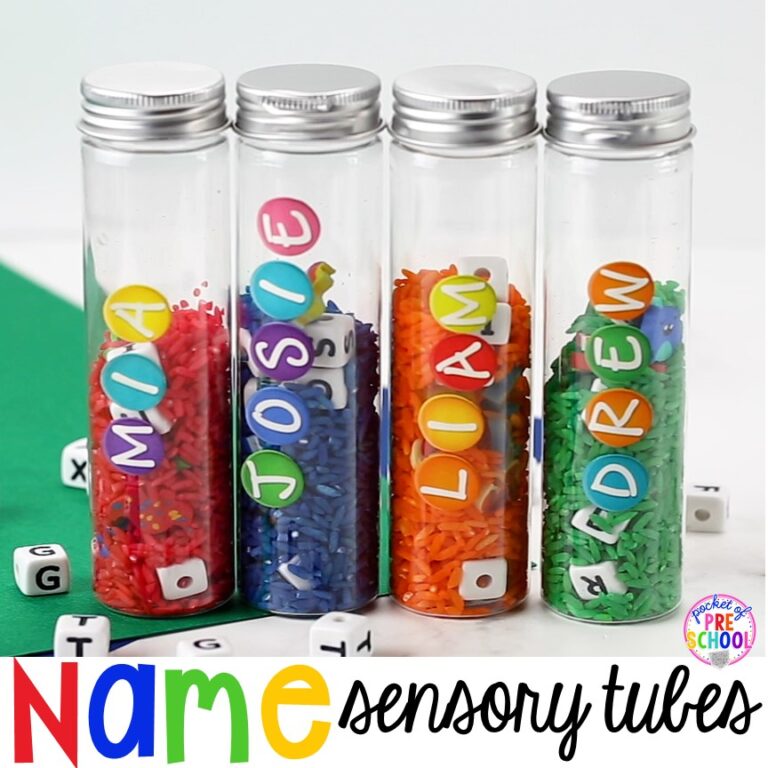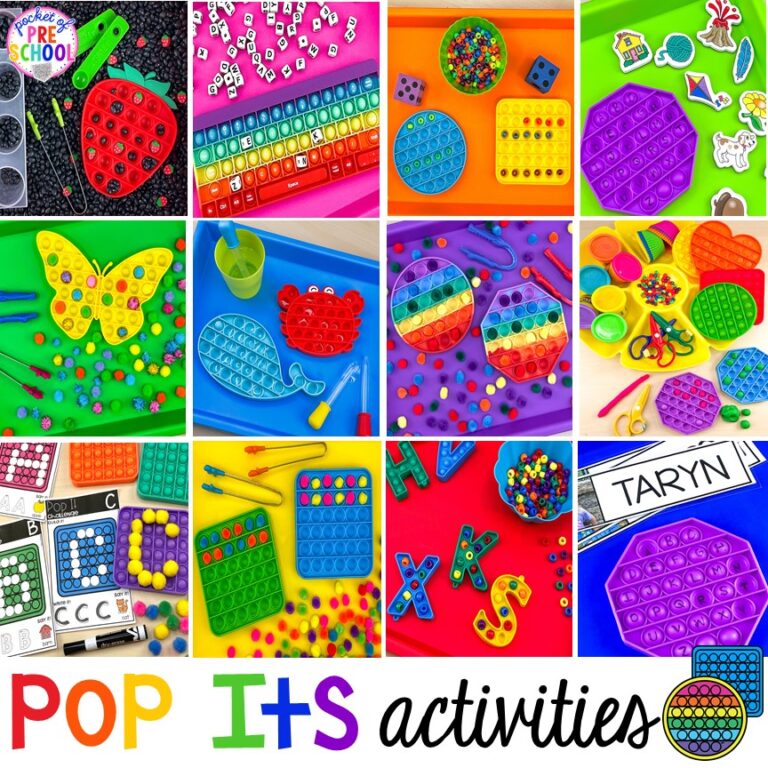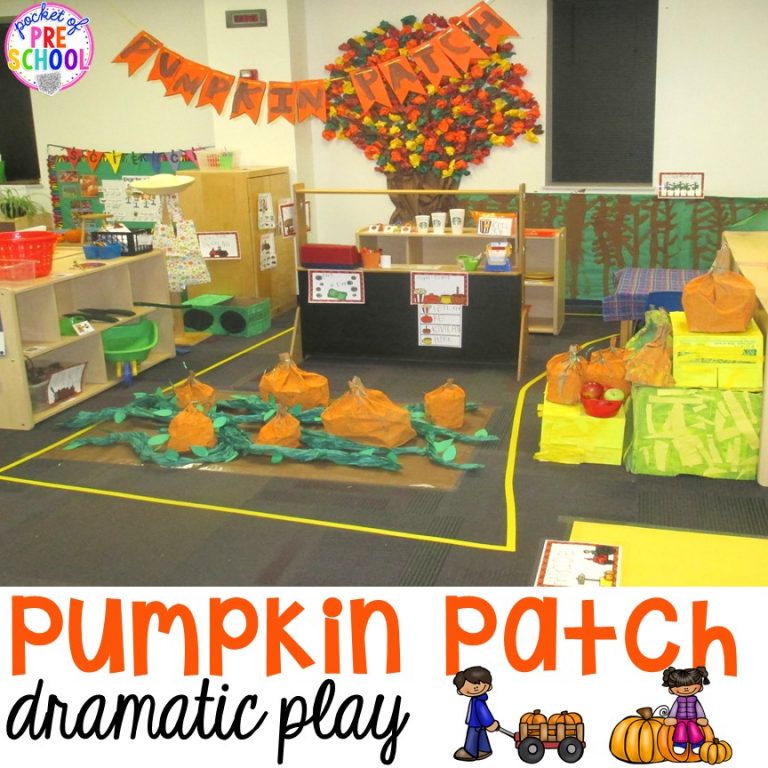
Learning how to dye chickpeas (aka garbanzo beans) for sensory play is super EASY and so fast! It looks like a hot mess, but I’ll show you how to make colored chickpeas with 4 easy steps using acrylic paint. Once you see how simple it is, you will be dying chickpeas for all things like sensory bottles, sensory tables, and sensory play.
*This post contains affiliate links. This means that I earn a tiny commission when you use my link at no additional cost to you.
HOW TO DYE Chickpeas (COLOR WITH ACRYLIC PAINT)

Step 1: Place chickpeas in a thick baggie. If you are making small batches, use sandwich-size bags. If you are making a big, single-color batch, use a gallon baggie. I usually go to Target to buy chickpeas because they are about a dollar a bag.
Step 2: Add acrylic paint and close the baggie. Just a few squirts will do. I used neon acrylic paint to create this fun sensory bin.
Step 3: Shake, shake, and shake! Massage the color into the chickpeas! This is the fun part that students can help with! If the color isn’t bright enough for you, just add a few more squirts of acrylic paint and continue to mix.
Step 4: Grab a tray and cover it with wax paper or foil. Spread the dye chickpeas on the tray and let them dry. Remember, this paint will stain, so be careful to work over the wax paper!
***Let the chickpeas air dry for 24-48 hours before you place them in an airtight container. This ensures that all the moisture is out of the chickpeas.

Place the chickpeas in a sensory table or tub. Then, add tools and fun treasures to create your sensory bin. For this neon sensory bin, I added pom poms, eyeball rings (from the party section), star beads, tweezers, and an egg carton. I painted the inside of each spot with the same acrylic paint I used to paint the chickpeas. Now students can sort the chickpeas, pom poms, and star beads by color.

If you don’t have room for a sensory table or large sensory bin, make mini sensory bins using pencil boxes! They are easy to store on a shelf when you are not using them. These are perfect for small classrooms.

Tweezers, treasures, and small tools! Don’t forget to add tweezers or small scoops for students to use during play. When students use tweezers and small tools, they are strengthening their fine motor muscles and developing hand-eye coordination. These skills are both super important for writing letters and drawing! The Dollar Tree usually has tons of small scoops, tweezers, or kitchen tools. Be sure to check the party section for small scoops, containers, or tongs.
Treasures can be anything! Pom poms, gems, mini erasers, or counters are perfect for tossing in a sensory bin and a great way to strengthen those fine motor muscles.
It truly is so easy to dye chickpeas with acrylic paint! Now go make an awesome sensory bin for your kiddos! If you want to know how to color other sensory fillers, just click on the photos below.
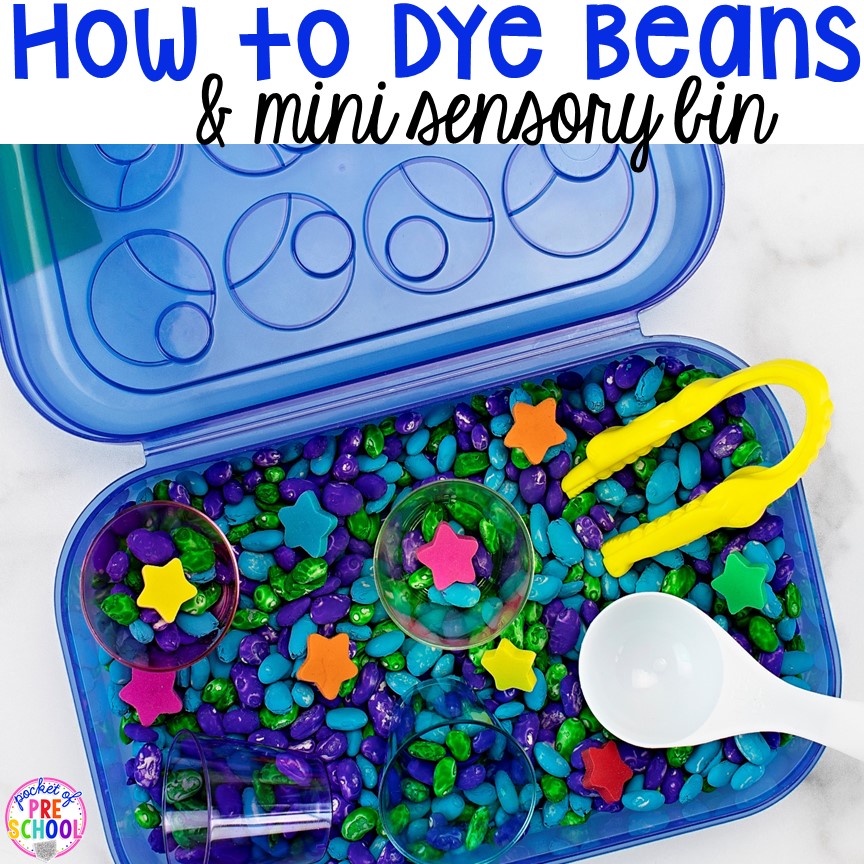
See how to dye chickpeas in action here.
Love this post about how to dye chickpeas? Pin this image!
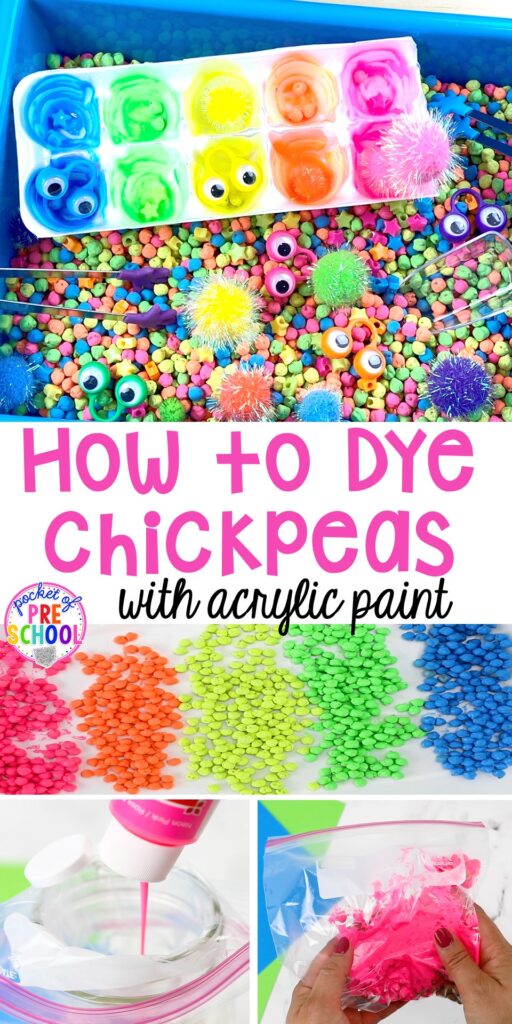
hey, i’m jackie!
I’m Jackie, your go-to girl for early childhood inspiration and research-based curriculum.

